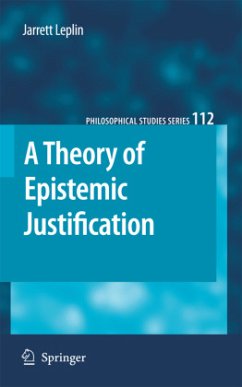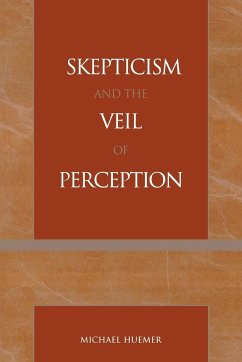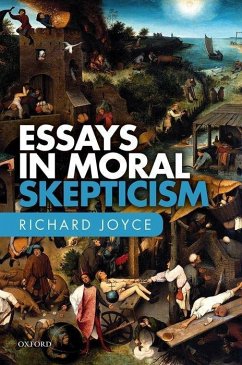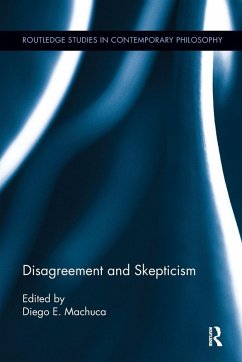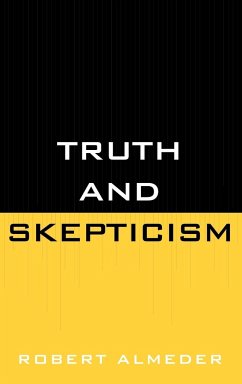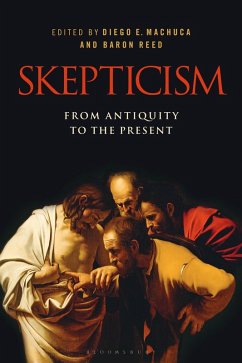
Essays on Skepticism

PAYBACK Punkte
60 °P sammeln!
The problem of skepticism about knowledge of the external world has been the centrepiece of epistemology since Descartes. In the last 25 years, there has been a keen focus of interest on the problem, with a number of new insights by the best contemporary epistemologists and philosophers of mind. Anthony Brueckner is recognized as one of the leading contemporary investigators of the problem of skepticism. Essays on Skepticism collects Brueckner's most important work in this area, providing a connected and comprehensive guide to the complex state of play on this intensively studied area of philo...
The problem of skepticism about knowledge of the external world has been the centrepiece of epistemology since Descartes. In the last 25 years, there has been a keen focus of interest on the problem, with a number of new insights by the best contemporary epistemologists and philosophers of mind. Anthony Brueckner is recognized as one of the leading contemporary investigators of the problem of skepticism. Essays on Skepticism collects Brueckner's most important work in this area, providing a connected and comprehensive guide to the complex state of play on this intensively studied area of philosophy. The guiding questions of this volume are: Can we have knowledge of the external world of things outside our minds? Can we have knowledge of the internal world of our own contentful mental states? The work divides into four sections: I. Transcendental Arguments against Skepticism; II. Semantic Answers to Skepticism; III. Self-knowledge; IV. Skepticism and Epistemic Closure.




